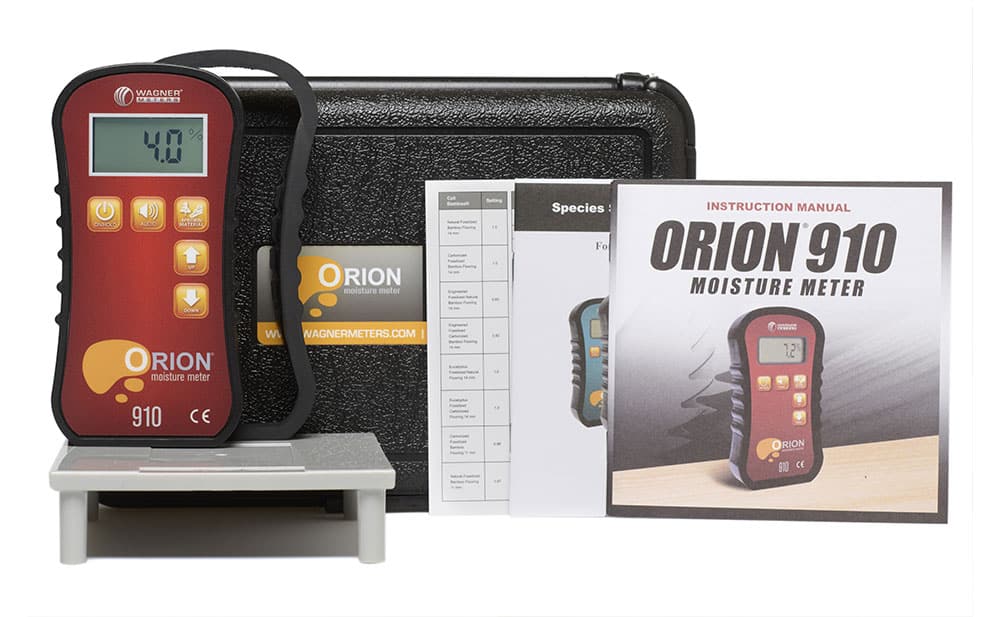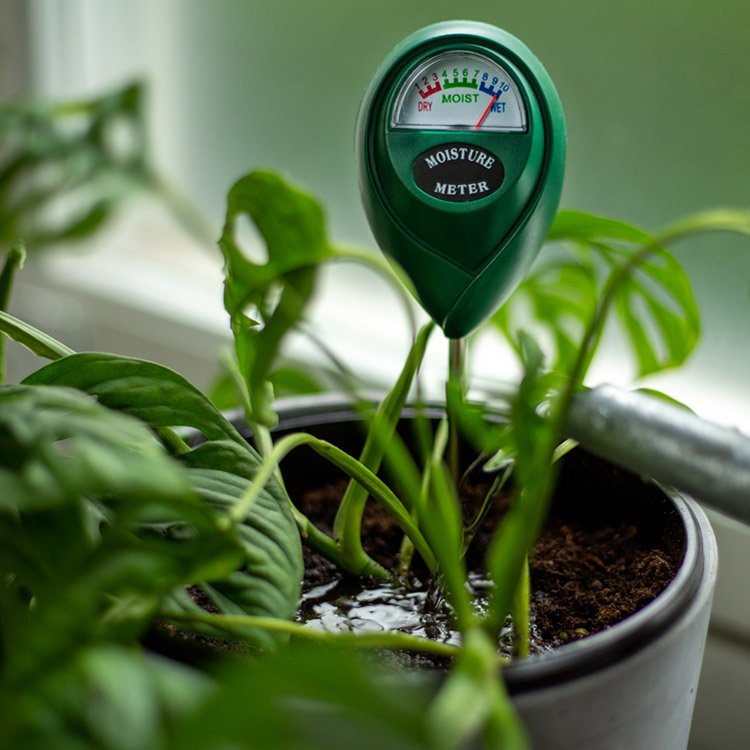Top 10 Benefits of Using a Moisture Meter for Accurate Measurements in Your Home
Top 10 Benefits of Using a Moisture Meter for Accurate Measurements in Your Home
Blog Article
The Ultimate Guide to Moisture Meters: A Comprehensive Summary and Just How They Can Save You Money
In the realm of building maintenance, building, and various industries, the value of precisely measuring wetness levels can not be overemphasized. Wetness meters offer as crucial tools in discovering and monitoring moisture material in products, aiding in protecting against pricey damages and guaranteeing the top quality of products. Understanding the nuances of different sorts of dampness meters, their applications, and the possible cost-saving benefits they provide can be a game-changer for experts and organizations alike. Uncovering exactly how these tools can not only streamline processes yet additionally add to monetary savings is a trip worth starting.
Kinds of Moisture Meters
Numerous kinds of wetness meters are available for various applications in various markets. One usual type is the pin-type wetness meter, which gauges the electric resistance between two pins placed into a material. This type is appropriate for timber, drywall, and various other structure products. Pinless moisture meters, on the other hand, use electromagnetic sensor plates to check a bigger area without creating damages to the product's surface area. These meters are excellent for promptly evaluating dampness degrees in big locations such as wall surfaces and floorings.
Infrared moisture meters measure the thermal properties of a material to determine its moisture web content non-invasively, making them helpful for applications where pin or pinless meters may not be suitable. Comprehending the different types of dampness meters offered can aid sectors pick the most proper device for their particular dampness dimension demands.

Advantages of Making Use Of Moisture Meters

In addition, using moisture meters can lead to raised energy performance. By determining locations with high wetness degrees, such as leakages or bad insulation, changes can be made to enhance energy conservation and lower energy prices. In agricultural setups, wetness meters play an important function in maximizing plant returns by enabling farmers to check dirt moisture degrees and make notified irrigation choices. In general, the advantages of making use of moisture meters cover throughout various industries, supplying affordable solutions and advertising much better top quality control techniques.
How to Pick the Right Moisture Meter
Selecting the suitable moisture meter includes thinking about vital variables such as product compatibility, measurement variety, and calibration precision. When choosing a wetness meter, it's vital to ensure that the meter is ideal see for the particular product you will certainly be screening. Different materials have varying electrical buildings that can influence dampness analyses, so picking a meter designed for your material is important for precise results. Additionally, take into consideration the measurement variety of the moisture meter. Ensure that the meter can discover wetness levels within the array required for your applications. Calibration precision is another essential element to bear in mind (Moisture Meter). Go with a dampness meter with reliable calibration to guarantee exact and regular readings. Some meters may call for periodic calibration modifications, so understanding the calibration procedure is essential. By carefully examining these variables, you can choose a dampness meter that satisfies your demands and supplies accurate moisture dimensions for your projects.
Proper Strategies for Moisture Meter Use
To make certain accurate wetness analyses and make the most of the effectiveness of a moisture meter, employing proper methods is important. When utilizing a pin-type dampness meter, put the pins or probes into the product being examined up until they make full call. Guarantee the pins are vertical to the surface to obtain one of the most accurate analysis. For pinless dampness meters, hold the tool flat versus the product and relocate slowly to cover the entire location for a typical analysis. It's critical to adjust the wetness meter according to the product being examined to enhance accuracy. Take several analyses across the surface area and ordinary them out for an extra dependable outcome. Furthermore, make certain that the material being tested is adjusted to the setting to prevent skewed readings. Normal maintenance of the moisture meter, such as cleansing the pins or sensor, is additionally crucial to guarantee precise and consistent analyses. By following find out these correct techniques, individuals can rely upon their dampness meter to offer credible wetness levels, aiding in stopping pricey damages or making sure top quality in different applications.

Expense Savings With Moisture Meter Applications
Just how can the strategic use of moisture meters lead to substantial price savings across numerous sectors? In the farming sector, wetness meters help in establishing the ideal time for collecting plants, protecting against over-drying or excess wetness that can influence the final item's quality.

Furthermore, in the food processing industry, dampness meters are important for keeping an eye on product quality and making sure compliance with security guidelines. By properly gauging wetness content in foodstuff, manufacturers can stop perishing, keep freshness, and Home Page decrease waste, causing significant price savings. In general, the tactical application of moisture meters is a beneficial financial investment that can cause significant price decreases and improved performance throughout different sectors.
Final Thought
Finally, moisture meters are valuable devices for determining and detecting moisture degrees in numerous materials. By utilizing the appropriate moisture meter and adhering to appropriate strategies, individuals can properly avoid pricey damages caused by excess wetness. Buying a quality dampness meter can cause significant cost savings over time by recognizing potential concerns beforehand and making it possible for punctual remediation. Inevitably, moisture meters are necessary tools for maintaining the honesty and longevity of structures and materials.
Dampness meters offer as crucial devices in detecting and monitoring moisture content in products, helping in stopping costly damages and making certain the high quality of products. Infrared moisture meters determine the thermal residential or commercial properties of a material to determine its moisture material non-invasively, making them beneficial for applications where pin or pinless meters may not be suitable.Dampness meters use very useful advantages in accurately evaluating and keeping track of dampness levels in varied products and settings. In farming settings, moisture meters play a crucial role in maximizing plant returns by allowing farmers to keep track of soil dampness levels and make informed irrigation choices.In conclusion, dampness meters are important tools for finding and determining moisture levels in different materials.
Report this page